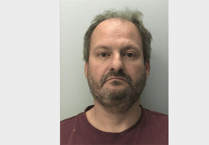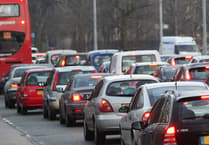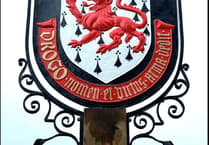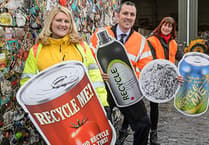West Devon Borough Council has tight control over its purse strings but has been told it may need to become more commercial if it wants to avoid asking council taxpayers for more funds for public services.
The council’s overview and scrutiny committee has supported a rise in council tax for 2024/25 of 2.99 per cent, the maximum it can go without a referendum. That equates to an increase of £7.59 pence for an average band D household per year.
The final decision will be made by the full council next month, but members agreed they had little choice when core funding from the government (what’s called the revenue support grant) had dropped from £3 million to £90,000 over the last 13 years.
The borough’s element of the council tax will be added to the amount for town or parish, Devon Council Council, the police, the police, and the fire service.The council’s finance officers presented a balanced budget for 2024/25, saying the authority must be self-sufficient. It has a partnership with South Hams District Council to share its workforce and services, making savings of over £6 million a year.But officers said the council faces considerable challenges because of uncertainty in the economy and constraints on public sector spending.
Council leader Mandy Ewings (Ind, Tavistock South West) said West Devon has always invested wisely and been praised by its auditors Grant Thornton for being in a good financial position and managing it budget well.She said raising the council tax by the maximum was a “difficult conundrum” but it was deemed as the fairest way to help balance the books as councils that don’t have found themselves in a precarious position and could “not catch up” in subsequent years.
The Local Government Association predicts that one in five councils will issue a 114 ‘bankruptcy’ notice this year or next.
Cllr Chris Edmunds (Con, Tamarside), lead member for performance and resources, said any money that came from government was from taxpayers anyway. “If you want to change the business model, you will have to be more commercial. Members will need to find a way of generating income so it doesn’t always fall on the taxpayer.”
The council has £10 million in reserves and hopes to raise £170,000 by charging double council tax on the borough’s 600 second homes, but could lose out on changes to business rates.




